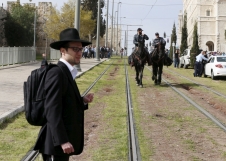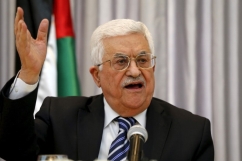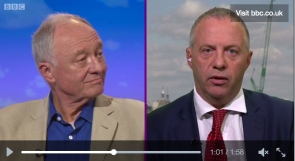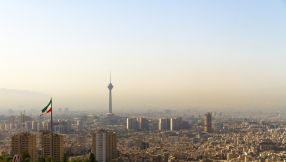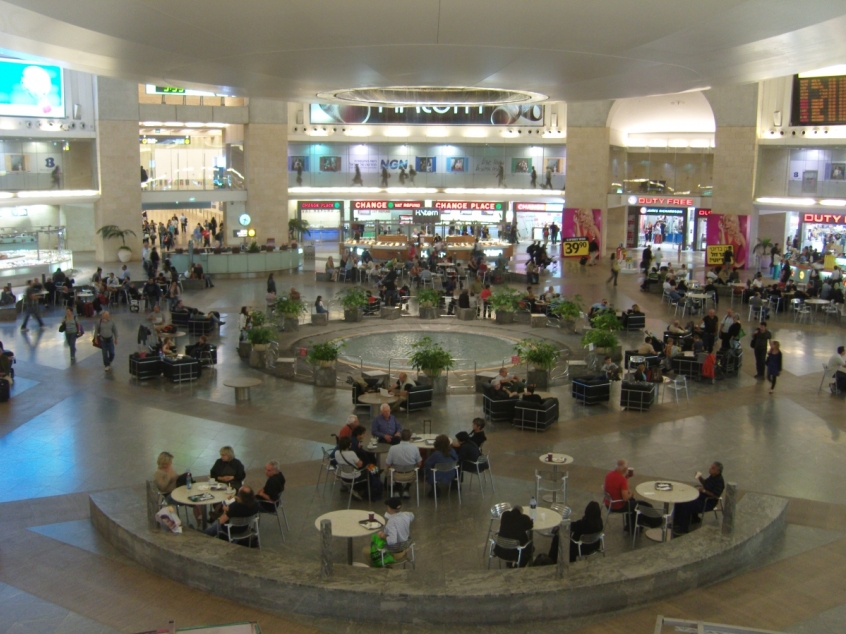
The World Council of Churches (WCC) has called on Israel for an apology after delegates to a conference on climate change were treated with an "unprecedented" level of aggression and intimidation.
WCC staff and partners were detained or deported at Ben Gurion airport last week in a manner general secretary Rev Dr Olav Fykse Tveit described as intolerable.
According to the WCC, several participants were detained in prison-like conditions for up to three days before being deported to their countries of origin. It said: "Others were ultimately admitted to Israel after exceptionally long and confrontational interrogation. All reported aggressive, accusatory and abusive questioning, threats and intimidation above and beyond what the WCC is prepared to consider tolerable."
The statement says: "The WCC strongly protests the excessive, unreasonable and wholly unwarranted treatment by the Israeli authorities."
The conference was to have been hosted by WCC member churches in Israel.
The statement refers to the WCC's concern for peace and a two-state solution to the problems of the region. It continues: "The WCC finds it deeply regrettable – and symptomatic of the current situation – that the Israeli authorities behaved in this manner toward church people from around the world who came to Israel in a spirit of ecumenical solidarity to address shared challenges in responding to global climate change."
Tveit said: "We react in different ways emotionally to experiences like this. For all of them, I think it was totally unexpected and very disturbing, for most of them shocking, as they have never experienced anything like this before."
Although there have been small incidents in the past, there has been nothing approaching this level of intimidation, he added.
As well as calling for an apology, the WCC called for the government of Israel to cease its aggressive behaviour toward WCC member churches and staff in the future.
"We believe that it is also in the interest of the government of Israel to address these very unpleasant incidents for future visitors to this country, and to prevent their recurrence," said Tveit, adding: "We are ready to meet and discuss these issues."
The WCC has been a frequent critic of Israel's treatment of the Palestinian people. It sponsors the Ecumenical Accompaniment Programme in Palestine and Israel, which observes interaction between Israelis and Palestinians, including breaches of human rights.
The Israeli Embassy has been asked to comment on this story.










